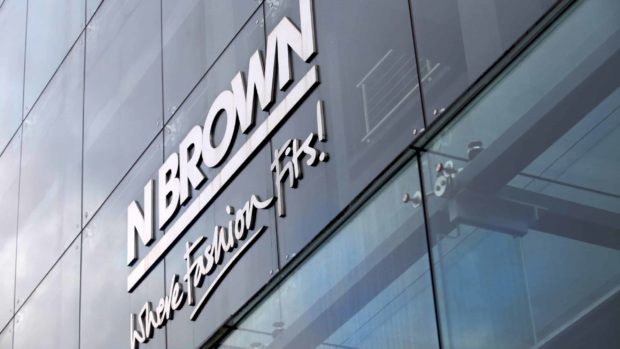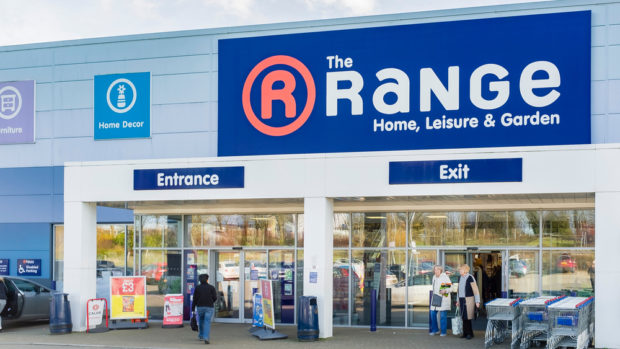When online leviathan Amazon launched the Amazon.co.uk MasterCard
last month, it became the latest in a list of retailers offering
cobranded affinity credit cards. Given the benefits that affinity
cards provide retailers, one might be surprised that the list
isn’t longer.
Most simply, an affinity credit card is another tool retailers
can use to maintain customer loyalty programmes. According to
MasterCard’s website, a cobranded partnership between a retailer
and a card issuer such as American Express, Visa, or MasterCard
can “increase loyalty, attract promising customers, lower
[the retailer’s] acquisition costs, and help keep your company
top-of-mind”.
Amazon’s MasterCard programme is a textbook example. Cardholders
accumulate a point for every pound that they charge on the card
whilst shopping at Amazon and a point for every £2 spent
elsewhere; the points can eventually be redeemed against
Amazon.co.uk merchandise.
The affinity-card programme of home-entertainment etailer
Play.com is similar to that of Amazon: It rewards customers with
PlayPoints every time they use the Play.com credit card anywhere,
and customers can redeem their points for Play.com gift vouchers.
Play.com also offers 1,500 bonus PlayPoints when customers spend
£150 on purchases within 90 days of opening an
account.
Home decor and fashion cataloguer/retailer Laura Ashley goes
beyond offering loyalty points. Cardholders also receive
invitations to exclusive sales events and previews and receive
special offers.
For retailers that already operate loyalty programmes, not much
more time and effort is required to implement and maintain an
affinity credit-card scheme, says Nick Howse, cofounder of
affinity and data specialist firm Howse Jackson Marketing.
“The credit-card company will be responsible for the
printed marketing collateral as well as much of the direct
marketing costs,” explains Howse, who formerly worked in
the affinity-card market at Royal Bank of Scotland, now HBoS. The
card issuers will also give retailers an activation fee for each
new customer and commission on each purchase
made-“typically 20p or 25p for every £100
spent,” says Howse.
What with all the tangible and intangible benefits of affinity
credit-card schemes, why aren’t all retailers racing to establish
such programmes?
For one thing, “it’s a volume game,” Howse says.
“The retailer needs a large and preferably loyal customer
base” to be attractive to a card issuer as a potential
partner.
For another, should there be problems with the card programme-if
there is an excessive rate hike, for instance, or poor customer
service-the blame will fall on the retailer, Howse says.
Crucially, running a successful programme is about partnership,
he adds. “Get the right mix-good credit-card product and a
large volume; a trusted retailer-and the results can be
exceptionally strong.”








Share